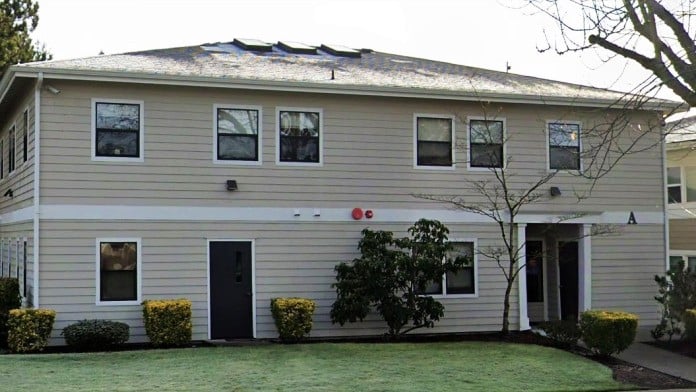Their workers are kind and courteous, it was an amazing resource in my life really. Kind, gracious, and sensitive counselors that helped me heal
About Therapeutic Health Services – Shoreline Branch
The medication-assisted treatment program provides FDA-approved medications to help mitigate withdrawal symptoms and reduce cravings. This program also offers counseling services to address the underlying issues that have created addictive tendencies in the first place. Clients learn new skills to better support a sober lifestyle.
The intensive outpatient program allows clients to engage in a plethora of services designed to meet their unique needs. This program offers an African-American ethnic mental health specialty, along with services for pregnant and parenting women. Treatment begins with an assessment. Clients have access to prevention and educational classes, medical exams, medication management, crisis intervention services, psychiatric evaluations, child care, drug court support, and DUI and deferred-prosecution services. Case management is also provided.
THS – Therapeutic Health Services can be contacted to learn more about their services and costs. Coverage may be available through insurance plans with providers such as Wellmark, Beacon, TRICARE, Ambetter, Anthem, and Cigna. If you would like to use insurance for any kind of treatment, it’s important to contact your provider prior to starting treatment to ensure coverage. This is because out of network benefits may vary.
Latest Reviews
Rehab Score
Gallery
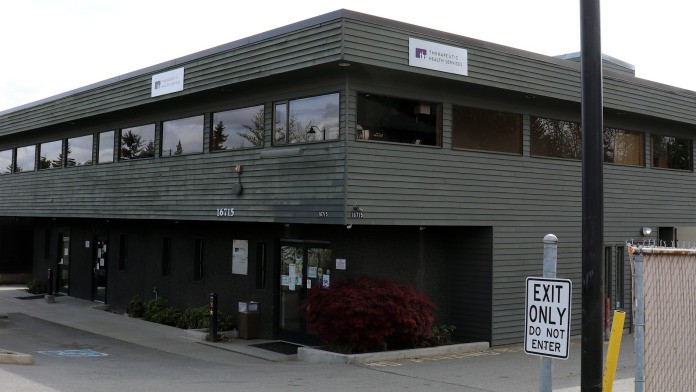
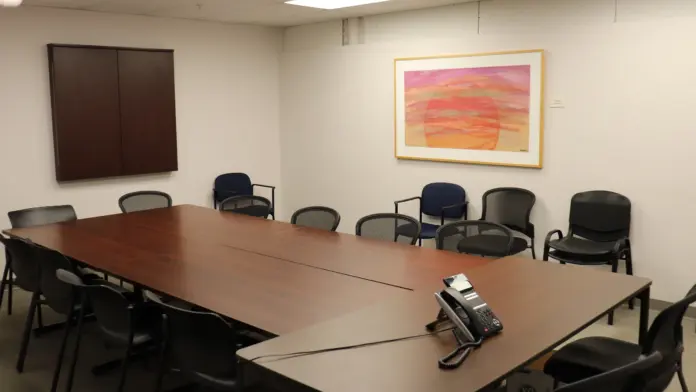
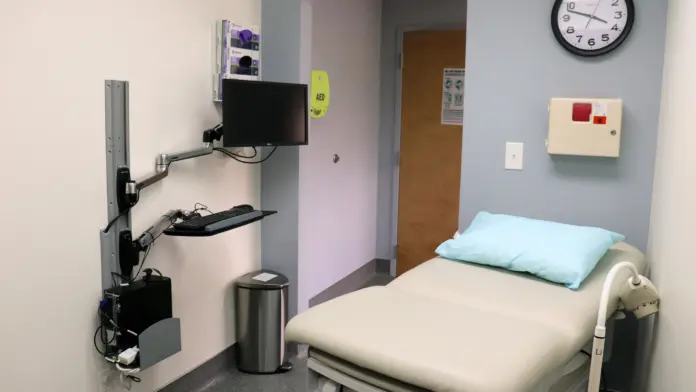
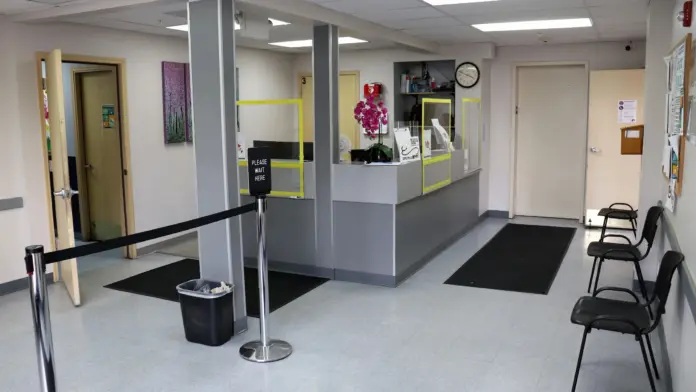
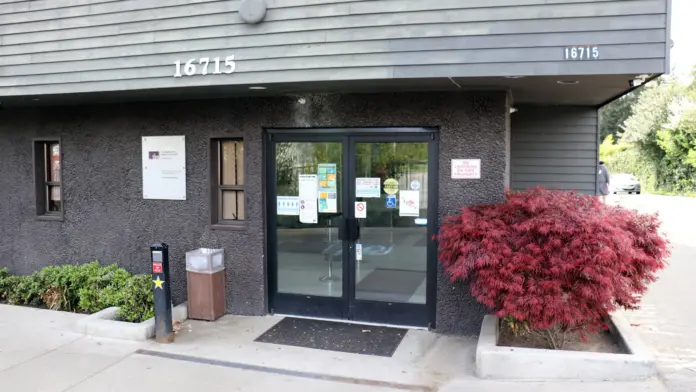
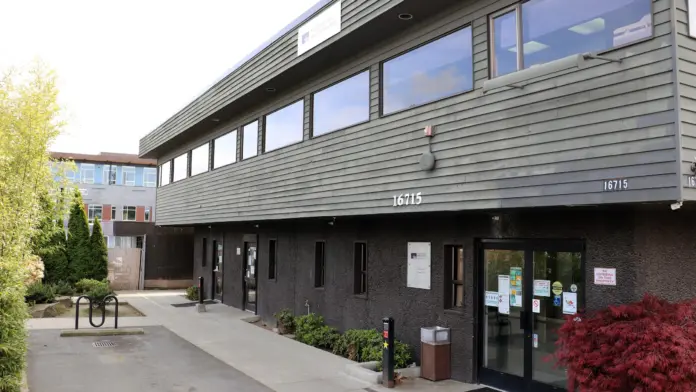
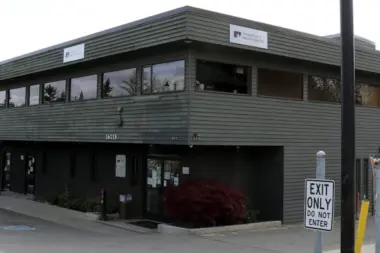
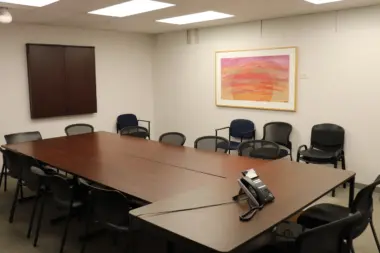
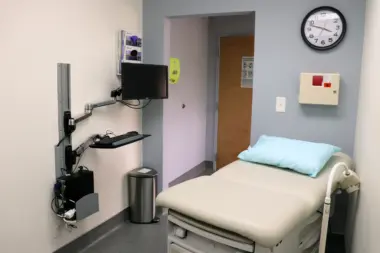
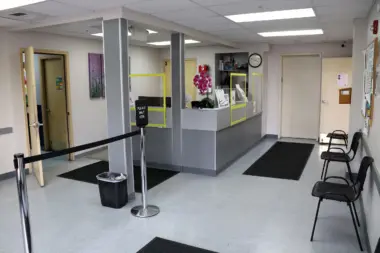
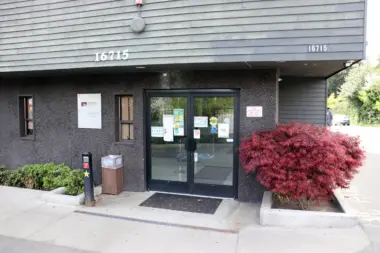
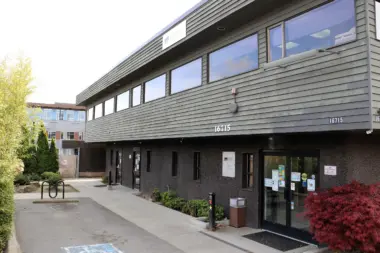
Accepted Insurance

Other Forms of Payment
Private insurance refers to any kind of healthcare coverage that isn't from the state or federal government. This includes individual and family plans offered by an employer or purchased from the Insurance Marketplace. Every plan will have different requirements and out of pocket costs so be sure to get the full details before you start treatment.
Self-pay involves paying for treatment out of your own pocket. You can use savings or credit, get a personal loan, or receive help from family and friends to fund your treatment. If you don't have insurance or your insurance plan doesn't cover a specific program, self-pay can help ensure you still get the care you need.
Financial aid can take many forms. Centers may have grants or scholarships available to clients who meet eligibility requirements. Programs that receive SAMHSA grants may have financial aid available for those who need treatment as well. Grants and scholarships can help you pai for treatment without having to repay.
Sliding scale payments are based on a client's income and family size. The goal is to make treatment affordable to everyone. By taking these factors into account, addiction recovery care providers help ensure that your treatment does not become a financial burden to you or your family, eliminating one barrier to care.
Medicare is a federal program that provides health insurance for those 65 and older. It also serves people under 65 with chronic and disabling health challenges. To use Medicare for addiction treatment you need to find a program that accepts Medicare and is in network with your plan. Out of pocket costs and preauthorization requirements vary, so always check with your provider.
Medicaid is a state based program that helps lower-income individuals and families pay for healthcare. Medicaid covers addiction treatment so those enrolled can use their coverage to pay for rehab. When a program accepts Medicaid the client often pays very little or nothing out of their own pocket.
Military members, veterans, and eligible dependents have access to specific insurance programs that help them get the care they need. TRICARE and VA insurance can help you access low cost or no cost addiction and mental health treatment. Programs that accept military insurance often have targeted treatment focused on the unique challenges military members, veterans, and their families face.
Addiction Treatments
Levels of Care
Outpatient programs are for those seeking mental rehab or drug rehab, but who also stay at home every night. Outpatient is not meant to be the starting point, it is commonly referred to as aftercare. Weekly Aftercare (ASAM Level I.0) meets weekly in therapeutic groups facilitated by a Chemical Dependency Professional offering assistance in further development, recognition and implementation of recovery tools that support lifestyle changes which help the individual to overcome personal negative issues caused or exacerbated by substance use.
Intensive Outpatient Program (IOP) (ASAM Level II.I) focuses on intensive group counseling for persons diagnosed with a substance use disorder by exploring recovery tools and skills related to the biological, psychological, sociological and spiritual areas of the individual’s life. IOP is provided for nine hours per week over three group sessions and utilizes interactive lecture, video presentation, homework and written handouts. Each session includes the review of treatment materials as well as a therapeutic group process segment.
It can be difficult for family and friends to carry out a successful drug intervention in Washington on their own. Intervention services can help. These services typically include education about addiction and enabling behaviors, expert facilitation for interventions, and recommendations for appropriate treatment. Often, the involvement of intervention services can create a smooth transition into rehab.
24-hour clinical care in Washington includes a team of medical professionals who are on-site 24/7 to provide the care you need. Medical staff can provide medications and other physical treatment to help you safely navigate withdrawal. Counselors offer mental and emotional support. Other specialists who offer additional resources may include nutritionists, family therapists, and case managers.
Drug and alcohol addiction often takes a heavy toll on one's body. Over time, a physical dependence can develop, meaning the body physiologically needs the substance to function. Detox is the process of removing drugs and/or alcohol from the body, a process that can be lethal if mismanaged. Medical detox is done by licensed medical professionals who monitor vital signs and keep you safe, healthy, and as comfortable as possible as you go through detox and withdrawal.
Treatments
The goal of treatment for alcoholism is abstinence. Those with poor social support, poor motivation, or psychiatric disorders tend to relapse within a few years of treatment. For these people, success is measured by longer periods of abstinence, reduced use of alcohol, better health, and improved social functioning. Recovery and Maintenance are usually based on 12 step programs and AA meetings.
Effective drug rehab in Washington integrates care for the whole person, offering comprehensive solutions to addiction. Treatment methods address mental, physical, and relational aspects of substance abuse.
When a young person struggles with an emotional problem like depression or anxiety and turns to drugs or alcohol, they may have a cooccurring disorder. The core of their Integrated Cognitive Therapies Program (ICTP) is one therapist who provides both mental health counseling and substance use therapy in each session. Specifically grounded in effective treatment models, ICTP can help young people improve focus in school, heal family relationships and achieve other personal goals.
A combined mental health and substance abuse rehab has the staff and resources available to handle individuals with both mental health and substance abuse issues. It can be challenging to determine where a specific symptom stems from (a mental health issue or an issue related to substance abuse), so mental health and substance abuse professionals are helpful in detangling symptoms and keeping treatment on track.
Opioid rehabs specialize in supporting those recovering from opioid addiction. They treat those suffering from addiction to illegal opioids like heroin, as well as prescription drugs like oxycodone. These centers typically combine both physical as well as mental and emotional support to help stop addiction. Physical support often includes medical detox and subsequent medical support (including medication), and mental support includes in-depth therapy to address the underlying causes of addiction.
Programs
Adult rehab programs include therapies tailored to each client's specific needs, goals, and recovery progress. They are tailored to the specific challenges adult clients may face, including family and work pressures and commitments. From inpatient and residential treatment to various levels of outpatient services, there are many options available. Some facilities also help adults work through co-occurring conditions, like anxiety, that can accompany addiction.
Young adulthood can be an exciting, yet difficult, time of transition. Individuals in their late teens to mid-20s face unique stressors related to school, jobs, families, and social circles, which can lead to a rise in substance use. Rehab centers with dedicated young adult programs will include activities and amenities that cater to this age group, with an emphasis on specialized counseling, peer socialization, and ongoing aftercare.
The THS Veterans Outreach Program is funded by the King County Veterans’ Services Levy. THS Veterans Outreach Specialists help veterans access the benefits they have earned through their military service. Specialists can assist in the upgrade of the discharge status of veterans which in many cases results in a higher amount of benefit dollars or access to new benefits. Veterans Outreach Specialists are can provide access to disability compensation, military pension, vocational rehabilitation, education benefits, burial benefits and housing loan assistance.
Clinical Services
Often, substance use disorder originates with negative thinking patterns. Cognitive behavioral therapy in Washington is designed to help individuals change these patterns of thought, which leads to changes in behavior and freedom from addiction.
Group therapy is any therapeutic work that happens in a group (not one-on-one). There are a number of different group therapy modalities, including support groups, experiential therapy, psycho-education, and more. Group therapy involves treatment as well as processing interaction between group members.
In individual therapy, a patient meets one-on-one with a trained psychologist or counselor. Therapy is a pivotal part of effective substance abuse treatment, as it often covers root causes of addiction, including challenges faced by the patient in their social, family, and work/school life.
Motivational Interviewing (MI) is a clinical approach to helping people with substance abuse issues and other conditions shift behavior in positive ways. It is more goal-oriented than traditional psychotherapy, as MI counselors directly attempt to get clients to consider making behavioral change (rather than wait for them to come to conclusions themselves). Its primary purpose is to resolve ambivalence and help clients become able to make healthy choices freely.
Trauma therapy addresses traumatic incidents from a client's past that are likely affecting their present-day experience. Trauma is often one of the primary triggers and potential causes of addiction, and can stem from child sexual abuse, domestic violence, having a parent with a mental illness, losing one or both parents at a young age, teenage or adult sexual assault, or any number of other factors. The purpose of trauma therapy is to allow a patient to process trauma and move through and past it, with the help of trained and compassionate mental health professionals.
Research clearly demonstrates that recovery is far more successful and sustainable when loved ones like family members participate in rehab and substance abuse treatment. Genetic factors may be at play when it comes to drug and alcohol addiction, as well as mental health issues. Family dynamics often play a critical role in addiction triggers, and if properly educated, family members can be a strong source of support when it comes to rehabilitation.
THS vocational staff builds collaborations with business owners and community employers to secure job opportunities for their program participants. The THS vocational curriculum assists participants with skill development in completing job applications, forms, resumes, and interviewing skills. THS Staff provide community support services and encouragement for participants who are placed in jobs. Additionally, their staff assists participants in securing public funding as they progress through THS treatment programs.
Amenities
-
Residential Setting
-
Private Setting
Staff & Accreditations
Staff
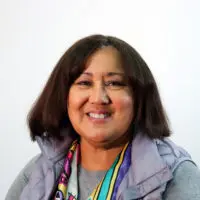
Patricia Edmond-Quinn, M.Ed
CEO

Ken Schlegel, MBA, CFRE
Chief Development & Marketing Officer
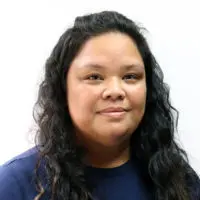
Cynthia Duay, MBA
Chief Clinical Officer
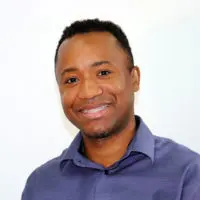
Albert Cisse
Chief Technology Officer
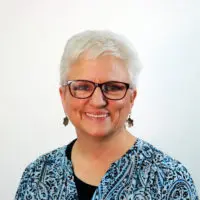
Debbi Bardsley, BSHRM, SHRM-SCP
Director of Human Resources
Accreditations

The Commission on Accreditation of Rehabilitation Facilities (CARF) is a non-profit organization that specifically accredits rehab organizations. Founded in 1966, CARF's, mission is to help service providers like rehab facilities maintain high standards of care.
CARF Accreditation: Yes

The Substance Abuse and Mental Health Services Administration (SAMHSA) is a branch of the U.S. Department of Health and Human Services. Established in 1992 by congress, SAMHSA's mission is to reduce the impact of substance abuse and mental illness on American's communities.
SAMHSA Listed: Yes
Contact Information
16715 Aurora Avenue North
Suite 102
Shoreline WA, 98133


















